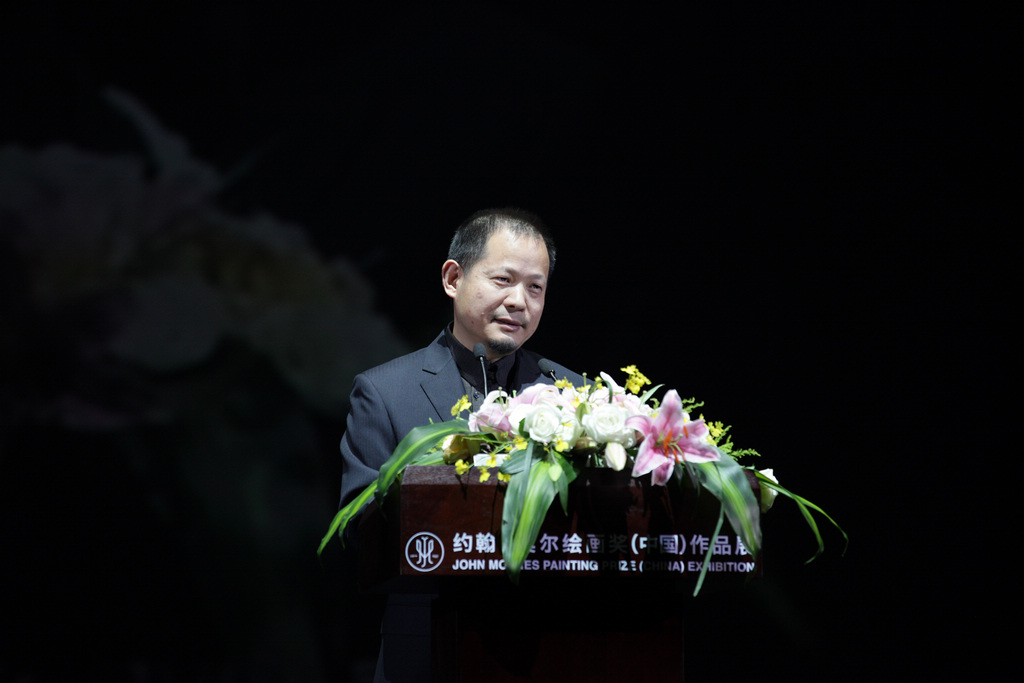
According to a lengthy story in the South China Morning Post, Chinese real estate impresario Dai Zhikang had made the “bold” decision to get out of property investment and look to investing in the arts.
The founder and chairman of Shangahi’s Zendai Group compared the recent property market rise to a “dead cat bounce,” according to the article, saying he wants to rebuild Zendai “top to bottom.” In order to do this, “he singles out culture, financial services and investment among a clutch of sectors including the internet, as becoming the new driving forces of the mainland economy.”
According to Forbes, Dai was #251 on China’s “Rich List” in 2011, then dropped to #336 in 2013, and subsequently dropped off entirely in 2014. A 2011 BBC profile of the entrepreneur states, “With upmarket hotels and art galleries amongst its holdings, his Shanghai Zendai company is associated in the public mind with fashionable, mixed-use developments combining retail, office and residential zones.”
However, the SCMP article reveals very little specifics on the type of cultural investment or genre of artworks in which he plans to invest. To date, he is known for collecting modern Chinese art, as well as ancient scrolls, and many of his holdings are located in the ultra-modern Zendai Himalaya Center in Shanghai, which houses the Himalayas Art Museum.
“Real estate was just a makeshift part of my business plan and now it’s time to go back to our core business, and that’s finance,” Dai told the SCMP.
Art Market Monitor blogger Marion Maneker broke out the most salient points in a post this morning, including the fact that “Dai says the country’s art world has a rosy future,” and he noted that “the size of the art market could soon catch up with the property sector.”
While the SCMP says he refuses to rule out the possibility of returning to real estate, he says any revisiting of the property sector would likely be linked to art or other creative industries.